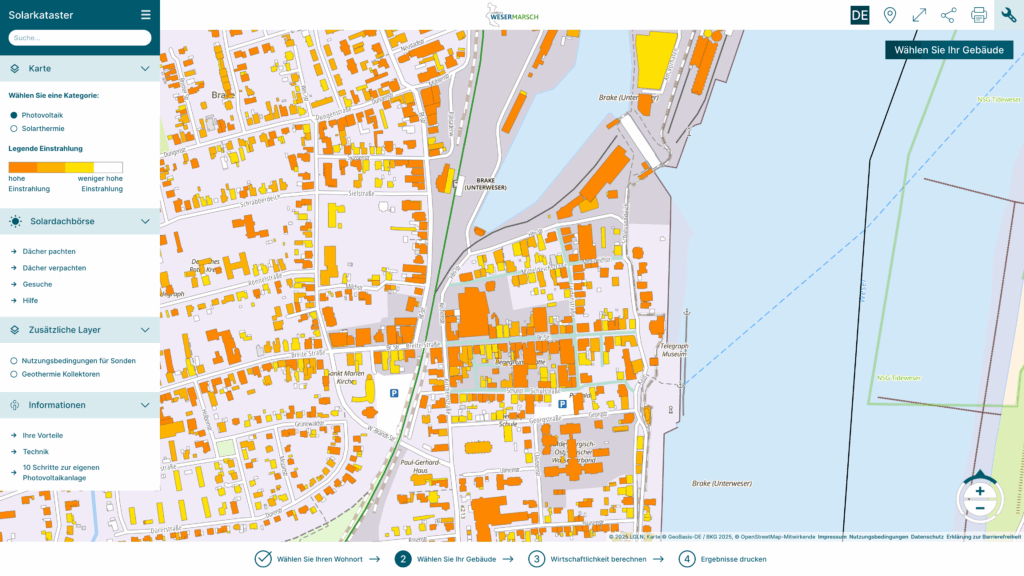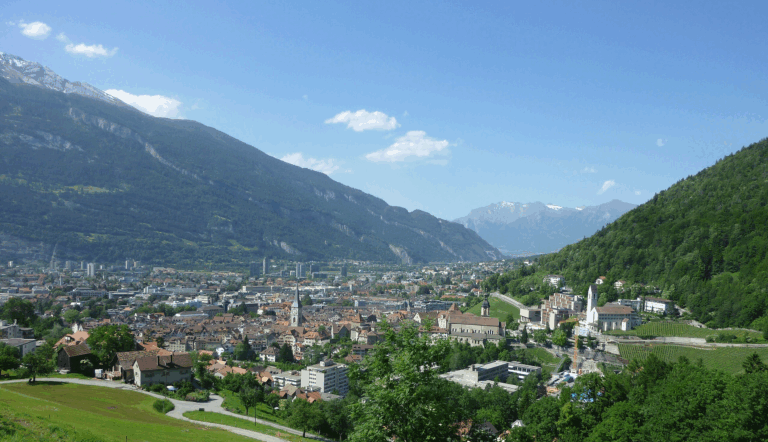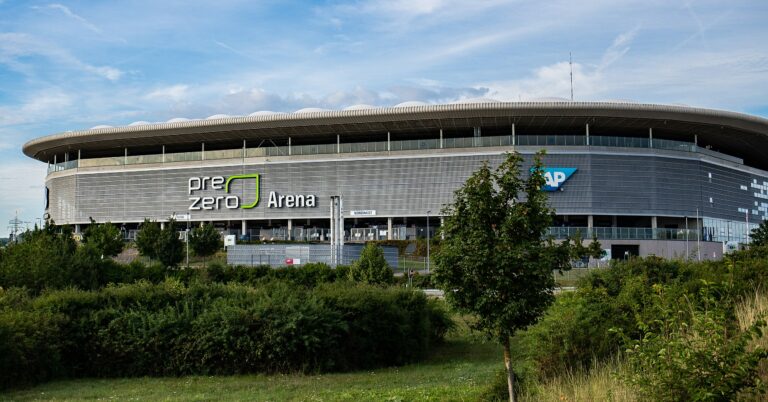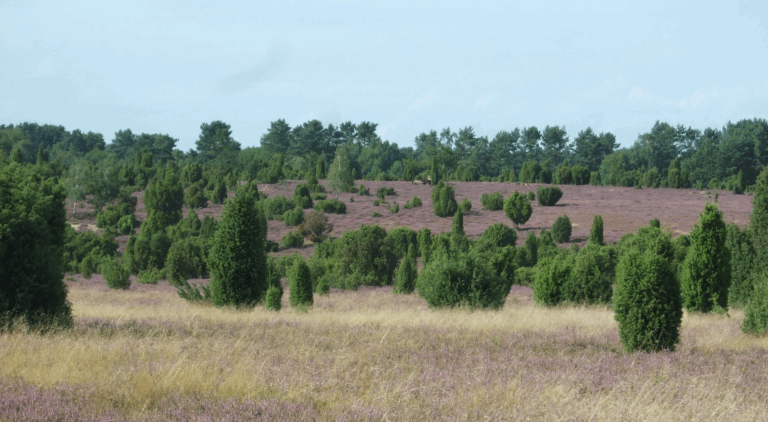Green light for solar and green roof register in Wesermarsch
The district of Wesermarsch is taking another step toward climate protection and energy transition:
The new solar and green roof cadastre is now available to all citizens, businesses, and municipalities.
The free online tools can be accessed at www.solarkataster-wesermarsch.de and www.gruendachkataster-wesermarsch.de.
“Anyone who wants to play an active role in shaping the energy transition should start with their own roof. The new cadastre offers citizens an easy way to get an initial assessment of the potential of their own property. With the new geothermal function for geothermal probes and collectors, this technology can also be better evaluated for sustainable energy supply,” explains Matthias Wenholt, First District Councilor. After an initial orientation, further tests, such as the load-bearing capacity of the roof, would then have to be carried out in collaboration with specialist companies.

Many rooftops in the Wesermarsch district remain unused so far. Yet, they offer enormous potential for energy generation and climate adaptation. With the new cadastre, anyone can now quickly and easily check how the roof area of their property can be used in an economically and ecologically sensible way. The solar cadastre provides detailed information on the suitability of roof surfaces for photovoltaic systems. In addition to the potential electricity yield, it also calculates profitability – optionally taking into account a power storage unit, an electric vehicle, or a heat pump. The tool also evaluates the potential use for solar thermal energy, i.e., solar water heating to support space heating.
A particular highlight of the solar cadastre is the new function that shows the suitability for near-surface geothermal energy. When selecting a heat pump, various options (ground, water, or air-source heat pumps) are displayed. This makes it possible to plan customized concepts for renewable energy supply even more precisely.
In parallel, the green roof cadastre offers another tool that clearly calculates the benefits and costs of green roofing for individual properties. “A green roof helps improve the urban climate, enhances air quality, and binds CO₂. Moreover, in the event of heavy rainfall, it can temporarily store water, thereby relieving stormwater drainage systems. Overall, it makes an important contribution to climate adaptation,” concludes Wenholt.
Questions about the solar and green roof cadastre, as well as about energy and climate issues in the district, can be addressed via email at klimaschutz@wesermarsch.de or by phone at 04401 927-632. Further information is available at www.wesermarsch.de/klimaschutz.


